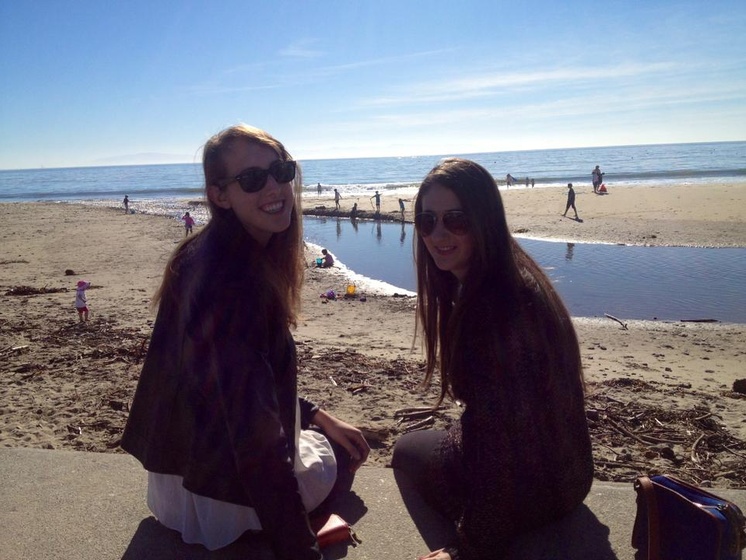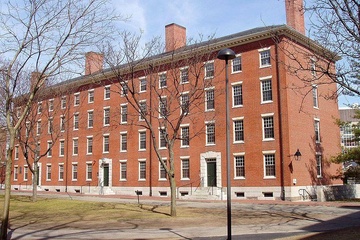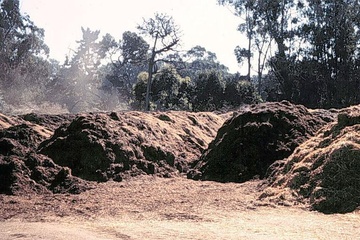In the mountains behind the football stadium in Berkeley, Calif., lies a narrow dirt path that the students call Fire Trails. It snakes up in switchbacks to the very top, where the view takes away whatever panting breath I have left. The whole Bay Area slopes down before me and in the distance I can make out the faded red geometry of the Golden Gate Bridge.
I have never felt quite at home on the West Coast. I prefer the historical chill of Philadelphia to California’s sunny sheen, have always been drawn to Hemingway more than Steinbeck. During this trip, though, I’m thinking about beginnings and endings and I feel the place’s tug. I’m reading On the Road, the original scroll:
It was the end of the continent, no more land. Somebody had tipped the American continent like a pinball machine and all the goofballs had come rolling to L.A. in the southwest corner. I cried for all of us.
San Francisco is different than L.A., but the two cities share a statewide simpatico. Is it the feeling of achievement—a country crossed and conquered—that I’m sensing here, even today on our smaller shrunken continent? A kind of relief at a journey completed or a frontier traversed?
It is the first week of Berkeley’s second semester, and one of the friends I am visiting is distraught over classes. She only has one English course left in her Berkeley career and she must choose between Borges and Virginia Woolf. She’s read Woolf and loves her, yet she’s also feeling an almost mystical Argentine pull. We sit in the Free Speech Movement Café deliberating. We return to her house, the African-American culture themed co-op near the entrance to Fire Trails, to deliberate some more with most of the co-op’s 21 other inhabitants pulled into the debate. It is P.’s turn to cook dinner and the conversations continue during her three-hour shift in the industrial kitchen, shifting sometimes up onto the roof for more beery deliberation.
At school I would never take three hours out of my day each week to cook dinner. Would things have been different if I’d gone to college here? The friends I am visiting love Berkeley with its classes and Co-ops, the deeply moral significance they place here on high-quality public education. They are desperately sad to graduate. I know I will not be. Would things be different here? Is this just another way of asking how I could be different, here or anywhere?
One day we take a car and drive down to Santa Cruz. We dip our feet into the Pacific and eat honey-almond ice cream on the softly groaning boardwalk. We talk about future jobs and plans and cities, how graduation’s the last real ending we’ll all share, how the lack of a next ending unnerves us all.
There was no end to the American sadness and the American madness. Someday we’ll all start laughing and roll on the ground when we realize how funny it’s been.
I watch the sun ease down over the ocean and think about how long it took to get here, historically, and all the disasters since the ending of that old American saga. Did Kerouac feel it, too?




